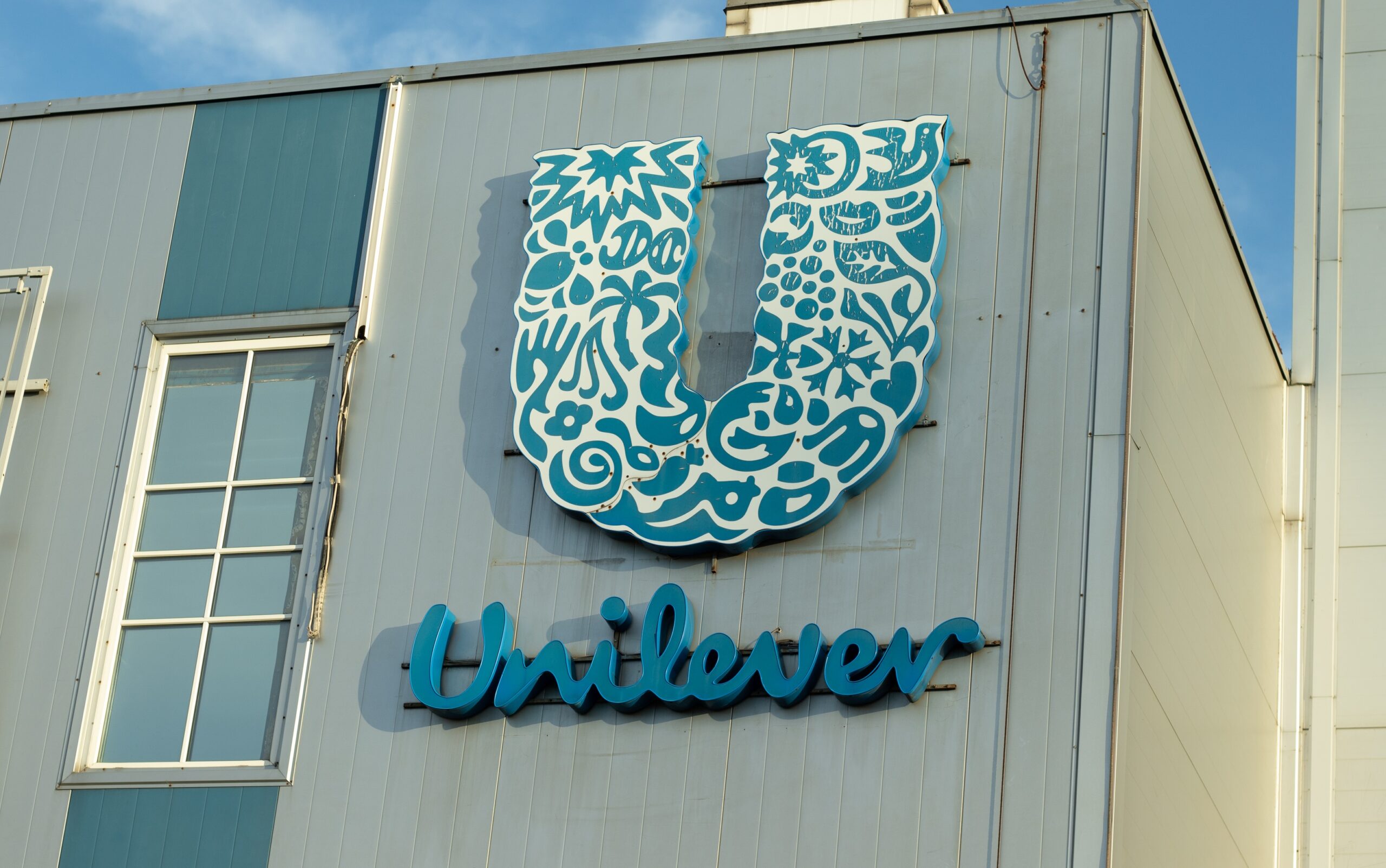
Activist investor Nelson Peltz, who leads asset-management firm Trian Partners, has become a non-executive director at FMCG giant Unilever.
Unilever disclosed today (31 May) New York-based Trian holds a 1.5% stake in the business amounting to more than 37 million shares. Peltz, one of the founding partners of Trian Fund Management and its CEO, will take up the role on 20 July. He has also been appointed a member of the Hellmann’s mayonnaise owner’s compensation committee.

Discover B2B Marketing That Performs
Combine business intelligence and editorial excellence to reach engaged professionals across 36 leading media platforms.
It was widely reported earlier this year the billionaire businessman had built a position in Unilever before CEO Alan Jope put in a bid for GlaxoSmithKline’s consumer health business. The proposed deal had drawn the ire of some investors, in part over its potential cost.
While Unilever’s move ultimately failed in January – because GSK considered its suitor’s bids undervalued – Jope announced a business overhaul, including reorganising the food and refreshments division with a renewed commitment, after earlier flagging he was weighing up the future of some parts of the assets.
However, another Unilever investor, Germany-based Flossbach von Storch, argued the merits in February of splitting up the business between food, beauty and homecare.
Unilever chairman Nils Andersen said this morning: “We have held extensive and constructive discussions with him [Peltz] and the Trian team and believe that Nelson’s experience in the global consumer-goods industry will be of value to Unilever as we continue to drive the performance of our business. We look forward to working closely together to create long-term sustainable value for our shareholders and wider stakeholders.”

US Tariffs are shifting - will you react or anticipate?
Don’t let policy changes catch you off guard. Stay proactive with real-time data and expert analysis.
By GlobalDataPeltz has previously served on the boards of other consumer-goods firms such as Mondelez International, H.J. Heinz – a forerunner to Kraft Heinz – and Procter & Gamble.
Bruno Monteyne, a managing director at investment group AllianceBernstein, argued Peltz’s participation “makes sense”.
He added: “Unilever has a double problem: structurally low-growth categories, and a loss of investor confidence regarding management and the board. Whilst recent results and actions by the company were very encouraging (Q1 made us doubt if we were too negative on the name), there was a lack of investor appetite to back the company, particularly after the debacle of the failed GSK-CH bid.
“On the contrary, as there was no news on Trian’s potential stake, the shares declined. All of this will go in reverse: yes, he has a major stake, and yes, he brings a huge amount of credibility.”
Monteyne also put forward the case Unilever might be better off operating as separate business units.
“We think that makes a lot more sense as it may simply be too spread out to be run effectively,” Monteyne wrote in a research note, adding “this will be good for the shares”. And the markets reacted accordingly, with Unilever’s shares up more than 6% in London this morning.
“We expect the shares to do very well in the short term as hope returns, value funds will give it a new look, and hedge funds that have it as part of a ‘short-EU-consumer’ basket will likely have to short cover.”
Peltz serves as non-executive chair of restaurant chain Wendy’s, UK-based asset-management firm Janus Henderson and Madison Square Garden Sports Corp.
He said this morning Trian “has made a considerable investment in Unilever”.
“We believe it is a company with significant potential, through leveraging its portfolio of strong consumer brands and its geographical footprint. We look forward to working collaboratively with management and the board to help drive Unilever’s strategy, operations, sustainability, and shareholder value for the benefit of all stakeholders.”
Unilever is due to report first-half results on 26 July. In its trading update in April for the opening three months of the year, Jope said the business “will continue to reshape our portfolio into high-growth spaces” ahead of the new organisational structure kicking in on 1 July.
First-quarter group turnover was GBP13.8bn (US$17.4bn), up 11.8%, with underlying sales growth (USG) of 7.3% led by inflation-linked pricing. Food and refreshments delivered USG of 6.5% based on a turnover of GBP5.1bn.





